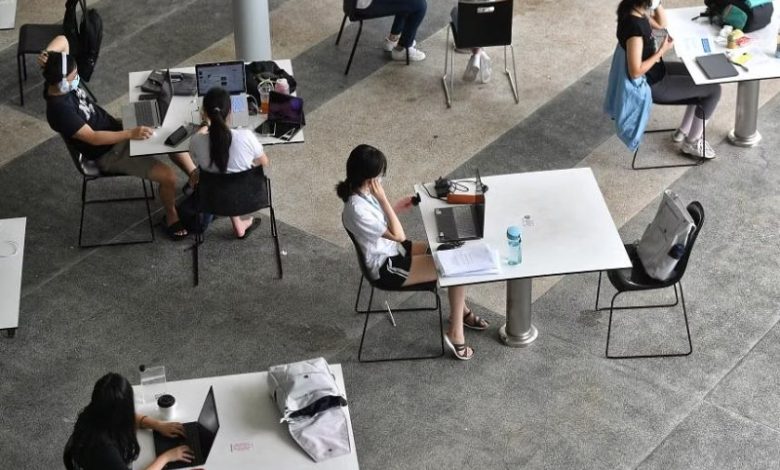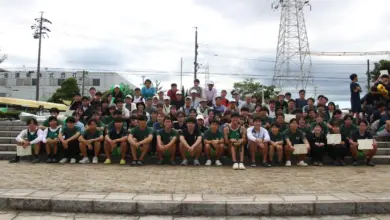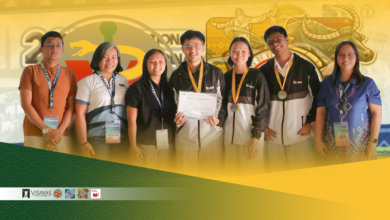Students at Singapore universities allowed to use AI tools for assignments but cannot flout rules

Since 2023, students enrolled in Singapore universities have been allowed to use artificial intelligence (AI) tools to complete their assignments, but they cannot flout rules on things like academic honesty and plagiarism.
Incorporating the use of AI tools is aimed at boosting the quality of teaching and learning, and embracing technological advancements, said university lecturers and administrators The Straits Times spoke to.
However, undergraduates are required to adhere to rules and restrictions to make sure they learn to think independently and understand the course material, they added.
The Singapore Institute of Technology (SIT), for example, said on its website that students are not to use generative AI as a primary source of information. Instead, they are encouraged to use it as a tool — unless, of course, the assignment is to “critically evaluate the generative AI response”.
Generative AI refers to software or tech tools used to create content like text, images and videos based on prompts from a user. The AI tool is able to learn writing patterns and structures through a training period in which users test and use the software.
It is then able to generate new data that has similar characteristics to what it has learnt. Some examples of generative AI tools are ChatGPT and Sora.
Associate Professor Karin Avnit, who is deputy director at the SIT Teaching and Learning Academy, said the university’s approach is to take advantage of AI tools when they contribute to the learning process and experience.
She said: “We adopted this approach early last year when it became clear that generative AI has a great potential to enhance teaching and learning practices as well as the potential to change industry practices.”
She added that different disciplines have varying needs in terms of teaching, learning and assessment, and so, “having hard rules may not serve the needs well”.
Find out more : Asia One




